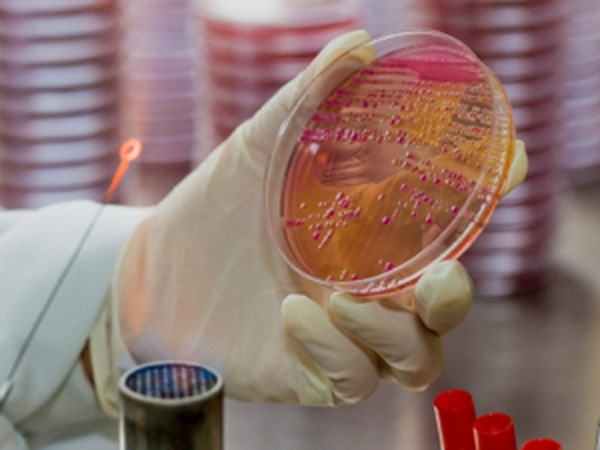Detecting deadly drug-resistant virus in Australia
To date, there have been 18 deaths due to infection with Klebsiella Pneumoniae Carbapenemase (KPC), also known as KPC, in Victoria, Australia.
The virus is deadly resistant in Australia
Of the 57 KPC cases in Victoria, 28 were discovered at St. Hospital. Vincent in Melbourne city. 10 of them were treated while the rest did not get sick.

Photos are for illustrative purposes only.(Source: panama-guide.com)
State hospitals are using infection control and enhancement measures to respond to the virus.
The deadly virus KPC is thought to have spread to Australia through people who had been hospitalized during their time in Greece or Asia.
Since 2012, 52 people in Victoria have been found to have KPC blood infection or carry it in the virus but do not develop the disease. At the same time, 18 people died due to KPC in their bodies. However, KPC is not the only cause of death in these people.
Dr. Finn Romanes said that KPC can appear in the patient's intestine but does not develop illness. However, people with weak resistance like cancer or diabetes patients may have a urinary or blood sugar infection. Mortality rate when KPC is quite high and 50% in Australia.
- Detecting weaknesses can help kill drug-resistant viruses
- Australia produces highly effective new anti-influenza drugs
- Outbreaks of new viruses resistant to drugs
- Find out the evolutionary mechanism of many deadly dangerous bacteria
- Detection of weaknesses of drug resistance
- The drug-resistant virus has appeared on the Olympic coast in Brazil
- Detection of Tamiflu resistant virus
- Detecting deadly virus in the bat
- Bacteria resistant to all drugs discovered in the US
- For the first time, the H1N1 virus is resistant to human-to-human transmission
- Japan: Dozens of people die of
- Concerns about drug resistance of H7N9 virus
 Green tea cleans teeth better than mouthwash?
Green tea cleans teeth better than mouthwash? Death kiss: This is why you should not let anyone kiss your baby's lips
Death kiss: This is why you should not let anyone kiss your baby's lips What is salmonellosis?
What is salmonellosis? Caution should be exercised when using aloe vera through eating and drinking
Caution should be exercised when using aloe vera through eating and drinking